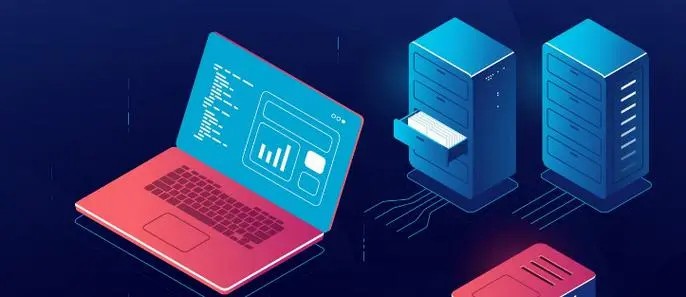Global IT supply chain
International transportation + IT O&M outsourcing + self-owned backbone network
A cloud server is a virtual hosting service powered by cloud computing technology. Through virtualization, cloud servers transform computing resources into flexible, internet-based services, enabling users to access and utilize these computing and storage resources on demand. Typically, cloud servers consist of multiple physical servers, with resources allocated and managed through virtualization, ensuring high availability and scalability. Users do not need to concern themselves with the underlying hardware; they simply access the virtual machines over the network for application deployment or data storage.

The operation of cloud servers can be summarized as follows: Cloud service providers deploy a significant number of physical servers in data centers and use virtualization technology to divide these physical resources into multiple independent virtual machines. Each virtual machine operates with its own operating system and application environment, functioning similarly to a standalone computer. Users can install software, run applications, and adjust resources as needed on these virtual machines. This approach not only enhances resource utilization but also significantly reduces management costs for users.
The benefits of using cloud servers are numerous, with elasticity being a particularly notable feature. Users can dynamically adjust resource configurations based on actual needs, avoiding the issue of resource shortages that often plague traditional physical servers during peak times. Conversely, when resource demand decreases, users can scale down configurations to save costs. This pay-as-you-go model effectively prevents resource wastage, allowing users to flexibly manage varying workloads.
The application of cloud servers is broad, suitable for businesses and individual users alike. For startups, cloud servers offer a quick and cost-effective way to establish websites or applications without heavy investment in infrastructure. For medium to large enterprises, cloud servers provide a high-availability environment with load balancing, supporting complex applications and services. Developers also find cloud servers ideal for software development and testing due to the ease with which test environments can be created and destroyed.
When choosing a cloud server, several factors should be considered. Performance and stability are primary concerns; selecting a high-performance, stable cloud server will improve application responsiveness. Additionally, after-sales service and technical support are crucial, ensuring that users receive timely assistance when issues arise. Data security and privacy protection are equally vital; opting for a reputable and well-regarded cloud platform can mitigate the risk of data breaches.
As a critical component of cloud computing, cloud servers have revolutionized the construction of traditional IT infrastructure, providing users with efficient and flexible computing resources. By leveraging cloud servers effectively, businesses can reduce IT costs, enhance operational efficiency, and boost market competitiveness. This transformation benefits not only large and medium-sized enterprises but also offers growth opportunities and broader development space for startups and small businesses.
In the future, cloud servers will continue to play a significant role in both technology and business. With the rise of 5G and edge computing, the application scenarios for cloud servers will expand beyond traditional data centers to include more intelligent devices and applications. Users need only focus on their business needs and choose the right cloud service provider, such as Ogcloud, to easily enjoy the convenience and benefits that cloud computing offers.

International transportation + IT O&M outsourcing + self-owned backbone network

Cellular chips + overseas GPS + global acceleration network

Overseas server room nodes + dedicated lines + global acceleration network

Global acceleration network + self-developed patented technology + easy linking

Global Acceleration Network + Global Multi-Node + Cloud Network Integration


